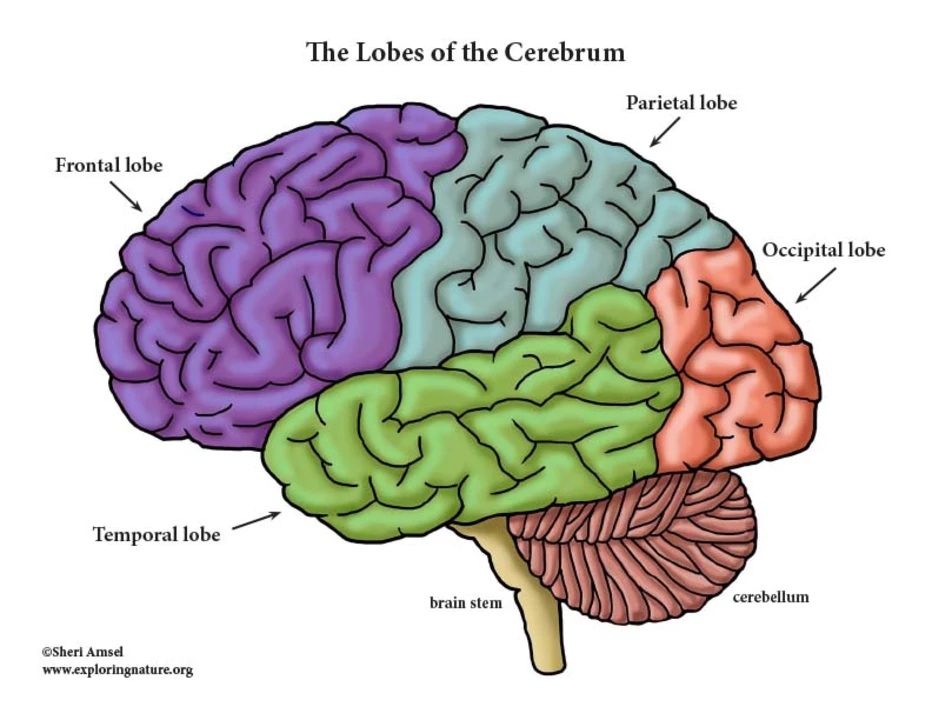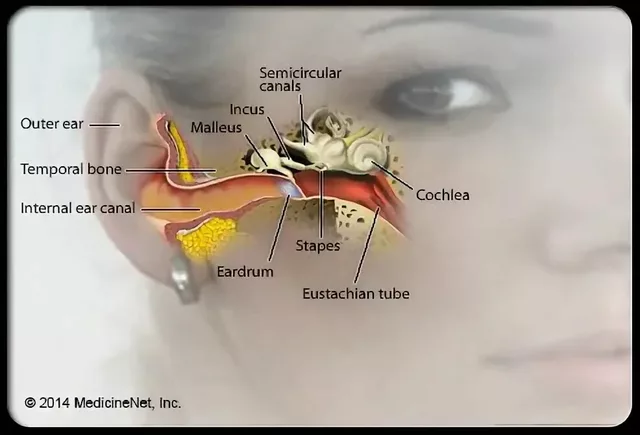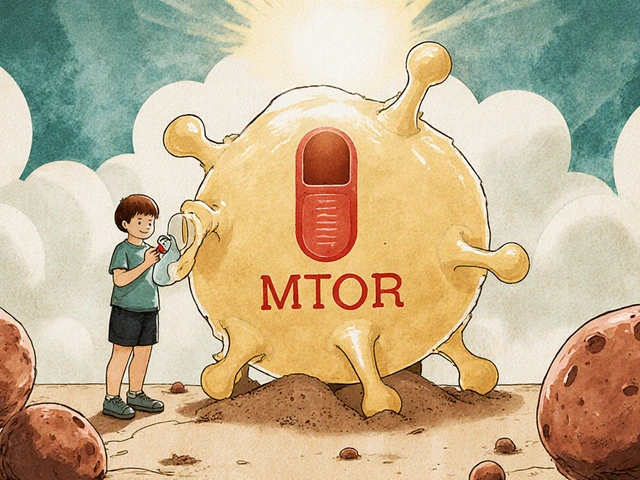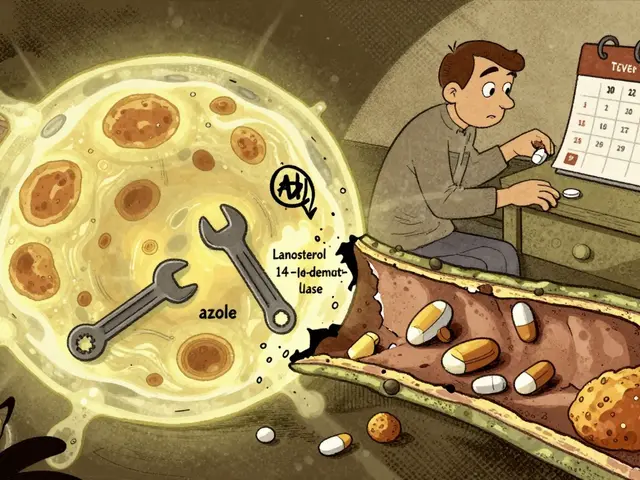Impact: What Your Meds and Supplements Really Do to Your Body
A single pill, a supplement, or a lifestyle tweak can shift how you feel every day. Some drugs fix a problem fast; others trade one risk for another. On this tag page you’ll find clear, useful reads about the real-world impact of medications — from interactions with fruit juice to long-term effects on heart and lungs.
Want a quick example? Grapefruit and some other citrus fruits can raise drug levels in your blood and cause side effects. That’s not just statins — antibiotics, blood pressure meds, and more can be affected. We break down which fruits matter and how to avoid trouble without dumping your breakfast routine.
How to judge a medication’s impact
Start with the goal: what symptom or risk is the drug targeting? Then ask four direct questions: 1) What are the most common side effects? 2) Does it interact with other drugs or foods I take? 3) Does it affect organs I rely on, like kidneys or liver? 4) Are there safer or cheaper alternatives? Those questions help you weigh benefit vs harm without getting lost in medical jargon.
Lab work matters. For diuretics like Lasix (furosemide) you’ll want electrolyte checks. For blood pressure meds such as losartan (Cozaar), monitor blood pressure and kidney markers. For inhaled or lung conditions, track breathing tests and symptom changes over time. Simple tests let you see the real impact, not just the theory.
Smart moves to reduce negative effects
Keep a medication list and share it with every provider and pharmacist. Ask your doctor about interactions before starting anything new — even over-the-counter or herbal products like DMSO or bloodroot. If you’re thinking of buying meds online, pick verified pharmacies, check for a prescription requirement, and read reviews. Articles on this site cover safe buying of antibiotics, peptides, and ED meds so you can avoid scams and fake products.
Look for alternatives when a drug causes problems. For example, if a statin raises muscle pain, your doctor might try bempedoic acid or a different statin dose. If Isotroin isn’t an option for acne, there are topical and hormonal routes to try. We explain trade-offs so you can make a practical choice.
Watch for signals you can’t ignore: sudden swelling, breathing trouble, severe rashes, or fainting. Those are reasons to stop the drug and get help. Less dramatic changes — fatigue, mild stomach upset, or dry mouth — may be manageable with dose tweaks or timing changes.
Use the articles under this tag as practical tools. Read the guides on drug interactions, medication alternatives, and safe online pharmacies. Take notes, ask your clinician specific questions, and track how you feel. Small, informed steps reduce risk and make treatments actually work for you.

The impact of nimodipine on cognitive function in the elderly
I recently came across a fascinating study about the impact of nimodipine on cognitive function in the elderly. It turns out that this calcium channel blocker, commonly used to treat high blood pressure, may also have some positive effects on our brain health as we age. The research suggests that nimodipine could potentially improve memory, focus, and overall cognitive function in older adults. While more studies are needed to confirm these findings, it's exciting to think that a medication typically prescribed for one purpose might also help keep our minds sharp as we grow older. I'll definitely be keeping an eye on future developments in this area!
Read More




